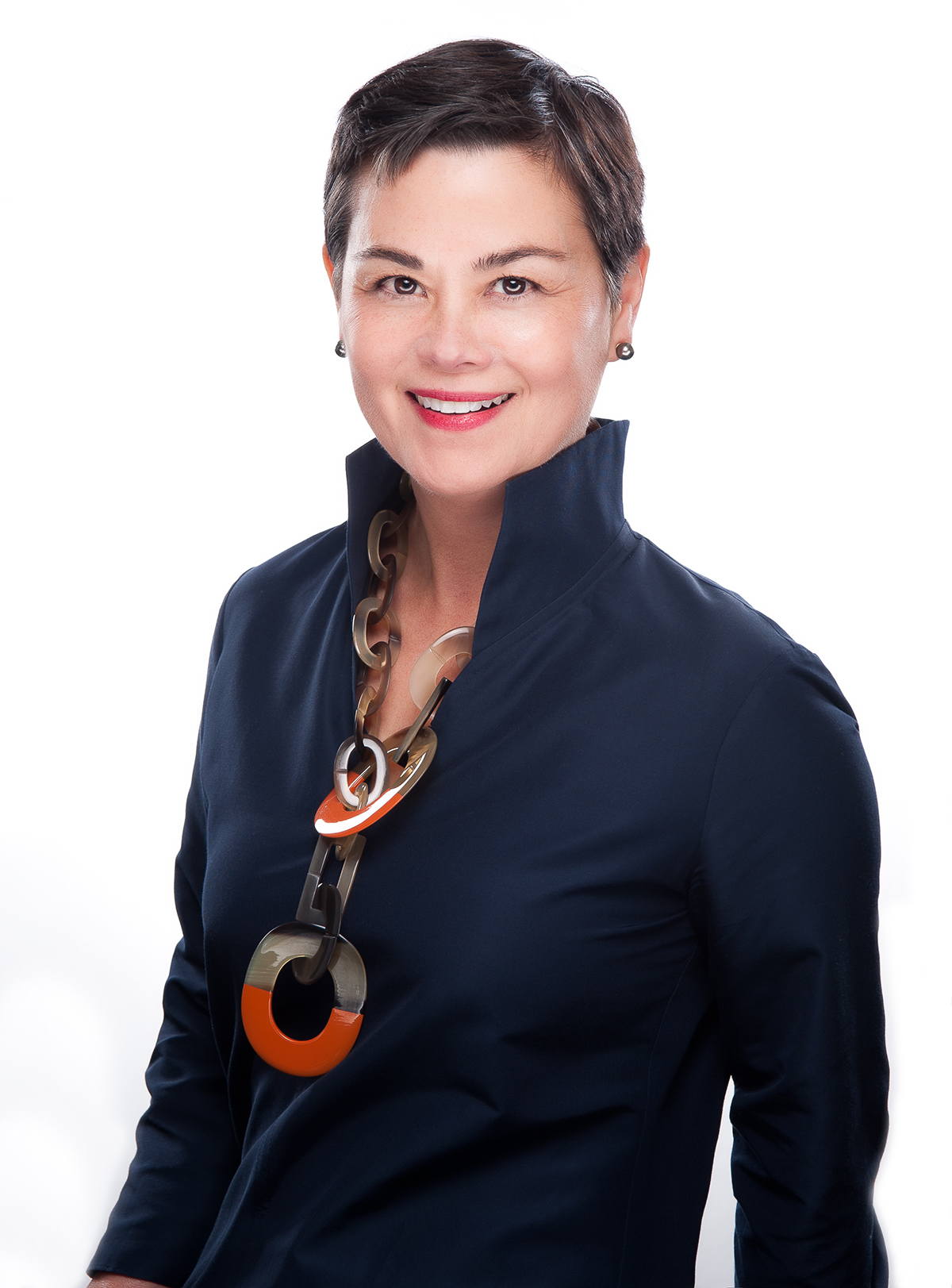Last season, Sheila Schroeder spoke about why people — women especially — need to talk about money, and how to get started doing so.
“People really went crazy. I feel I popped the top off a bottle,” Schroeder said. “People came back to me and said, ‘What do I do?’ ”
This season, she will be answering that question. At 9:15 a.m. Tuesday, Schroeder will return to the Chautauqua Women’s Club to discuss “Creating Personal Financial Planning Policies” as part of the CWC’s Professional Women’s Network program.
“After last summer, I wrote an article building on my talk (because) I got so much feedback,” she said.
Schroeder, who is the director of client development at Mosaic Financial Partners, posted her article on LinkedIn Pulse in September and syndicated a slightly revised version to Investopedia, a financial education website.
In her article, she cited 2016 findings by the Council for Economic Education that only 20 U.S. states require that high school students take a course in economics (two fewer than in 2014), and “only five states require a standalone semester course in personal finance.”
“People don’t know how to make a budget,” said Schroeder, who has been working in the financial services industry for 30 years, initially in New York City, and for the past 20 years in San Francisco.

The Federal Reserve Bank’s Report on the Economic Well-Being of U.S. Households in 2016 stated that 28 percent of non-retired adults surveyed indicated that they have no pension or retirement savings. Of those adults with self-directed retirement savings, 53 percent “are either not comfortable or slightly comfortable” making investment decisions. Yet the Centers for Disease Control and Prevention estimates that after age 65, women will have an average of 20.5 years of retirement, and men will have 18 years.
For Schroeder, not being financially savvy is not something to be ashamed of. She likened it to her knowing how to apply a Band-Aid, but not how to do surgery since she never trained to be a surgeon. The same holds true for cooking and other skills.
“My mission has been normalizing talking about money,” Schroeder said.
She is passionate about empowering women financially and teaching financial literacy. Schroeder wants Chautauquans to have a policy to fall back on as they confront various financial choices. She will discuss the primary ways of creating a personal financial policy that leads to greater financial well-being and reduces stress.
“Having a personal policy is the crux of it because it helps to create more of whatever you value in life,” Schroeder said. “A financial planning policy is a tool for making decisions in the face of uncertainty. … We’re living in a rapidly changing world.”
According to Schroeder, the average family has $2,000 to $4,000 in unexpected expenses per year. Eighty percent of Americans are unable to put their hands on that amount of money. Typically they pay via a credit card, turning it into high-cost debt. She will discuss strategies for paying off debt that may seem counterintuitive.
During Weeks Five and Six, Schroeder is offering a Special Studies course — “Financial Savvy for Teens” — which she also taught last season. Although it is geared toward high school students preparing to leave for college and for new college students navigating the financial responsibilities of living on their own, she said people of all ages can benefit from it.
“What I teach for kids is what I would teach for adults,” said Schroeder, who is also the mother of 15-year-old twins. “I don’t dumb it down for kids.”
The financial basics she covers in her course include setting up a personal budget, investments, retirement savings plans, and managing debt and savings. She said she was thrilled when one of the college students she taught last summer got in touch with her during the year.
In the San Francisco Bay Area, Schroeder has been actively involved in advising several nonprofit organizations, including the San Francisco Waldorf School, where she is president of the board of trustees and just completed a successful fundraising campaign. In 2015, she co-founded the Electing Women San Francisco PAC.
At Chautauqua, Schroeder is a Promise Campaign volunteer. In the fall, she will be joining the the Chautauqua Foundation’s board of directors.
“My message about financial empowerment only grows stronger,” Schroeder said.




